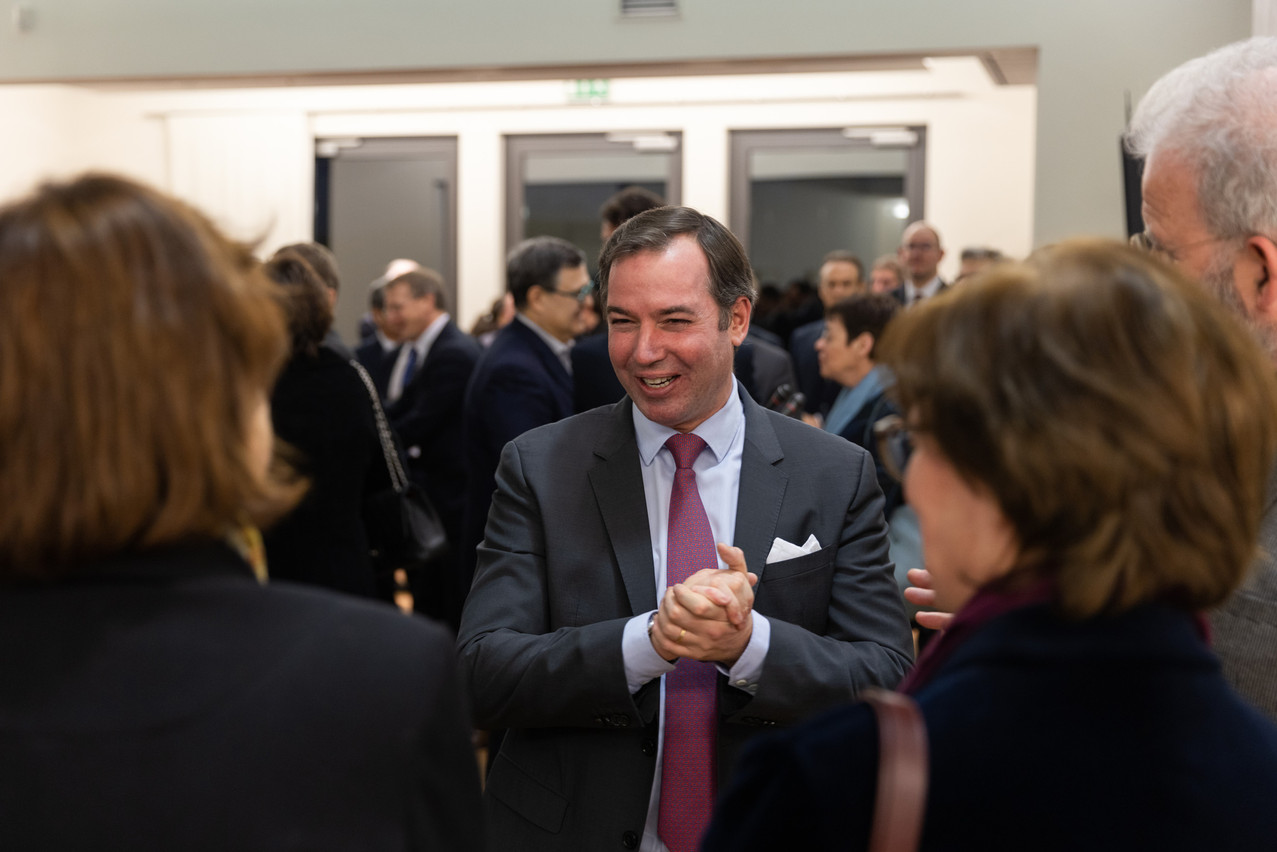In June, on the occasion of Luxembourg’s national holiday, announced . This function enables certain tasks to be delegated to the future successor of the grand ducal court. The announcement came as something of a surprise at the time, although it was by no means exceptional.
Indeed, five lieutenancies have already taken place in the country’s history. Grand Duke Henri was appointed lieutenant-representative of his father, Grand Duke Jean, in March 1998. He held this position for just over two years. Grand Duke Jean had himself held the same position with Grand Duchess Charlotte for just under three years. This may give some idea of how long it will be before actually takes up his duties as grand duke.
However, this new constitutional role should ensure a smooth transition to the succession to the throne, for which Guillaume is the official heir. He was sworn in in December 2000. The title of lieutenant-representative is part of Luxembourg monarchical tradition, and allows the heir to assume functions on a temporary basis, without this requiring the abdication of the grand duke.
For the crown prince, who turns 43 on 11 November, . Crown prince Guillaume must take an oath to uphold the constitution before exercising his powers. In accordance with article 42, it is only after this solemn moment that he will officially become lieutenant-representative.
On Tuesday’s agenda
The grand ducal decree of appointment will be signed at 3pm on Tuesday by prime minister (CSV), who will give a speech, and the crown prince. The latter will then be expected at the Chamber of Deputies, where president (CSV) will give a speech before the official swearing-in of Crown Prince Guillaume, followed by his own speech.
This deputising may be temporary or permanent, and “the grand duke is free to attach such limitations to the mandate as he deems necessary. The powers of the lieutenant-representative are delimited by this mandate and the measures he takes by virtue of his mission have the same effect as if they had been issued by the grand duke himself,” as detailed on the monarchy’s website. Grand Duke Henri will therefore have to delegate powers in certain areas to his son after taking the oath, as his father Jean did for him.
In practical terms, the constitution stipulates that the lieutenant-representative receives an annual allowance from the state budget. The lieutenancy is to be distinguished from the regency, which takes place in specific conditions where the grand duke is totally unable to exercise his functions.
Crown Prince Guillaume took the oath of office in 2000, officially becoming the hereditary grand duke. Continuing a long tradition in the grand ducal family, Guillaume completed officer training from September 2001 to August 2002 at the Royal Military Academy in Sandhurst, Great Britain. Then in 2018 and 2019, he trained at the Royal College of Defence Studies in London to acquire additional expertise for his future responsibilities.
This article was originally published in .
